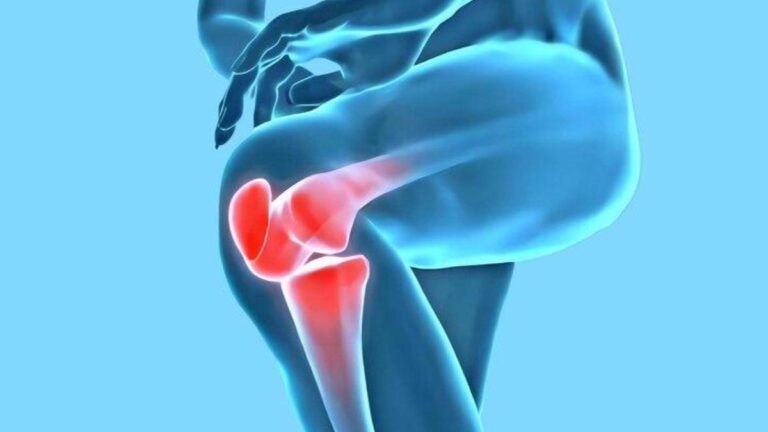High uric acid levels can cause joint and several other problems. Dr Jayant Kumar Hota, senior consultant nephrology at Indraprastha Apollo Hospitals, says high uric acid levels, also known as hyperuricemia, can be caused by various factors. The main cause is overproduction or insufficient excretion of uric acid in the body. Uric acid is a waste product formed during the breakdown of purines, which are found in many foods, especially high-protein foods such as red meat, seafood, and certain vegetables. When the body produces too much uric acid or the kidneys cannot remove it effectively, uric acid can build up in the blood and form crystals in the joints and other tissues.
Other factors that can contribute to elevated uric acid levels include genetics, obesity, kidney disease, metabolic syndrome, certain medical conditions such as diabetes, and certain medications such as diuretics and some cancer treatments. included.
How much of this is due to diet?
Diet plays an important role in increasing uric acid levels, and its contribution cannot be ignored. Eating too many purine-rich foods, such as red meat, organ meats, seafood, and certain vegetables such as spinach and asparagus, can cause your body to produce too much uric acid. Additionally, a diet high in fructose, especially sweetened beverages and processed foods, has been associated with increased uric acid levels. Fructose metabolism in the liver produces purines, which are broken down into uric acid. Additionally, alcohol consumption, especially in excess, can impair the kidneys' ability to excrete uric acid, leading to a buildup of uric acid in the body. Maintaining a balanced diet that limits your intake of purine-rich foods, fructose, and alcohol can significantly reduce your risk of developing hyperuricemia and related joint problems.
Is this condition medically treatable?
Yes, high uric acid levels, or hyperuricemia, are a medically treatable condition.The main treatment approach is lifestyle modification
Besides the joints, what other negative effects does uric acid have on the body?
High uric acid levels can have negative effects on many parts of the body beyond the joints. One of the most serious risks is the formation of kidney stones, which can cause severe pain, obstruction, and potential kidney damage. Uric acid stones are a common type of kidney stone, and people with hyperuricemia are at increased risk of developing uric acid stones.
Additionally, elevated uric acid levels are associated with an increased risk of developing chronic kidney disease, as crystals can accumulate in the kidneys and impair their function over time. Additionally, high uric acid levels are associated with an increased risk of cardiovascular diseases such as high blood pressure, coronary artery disease, and heart failure.
Although the exact mechanism is not fully understood, uric acid may contribute to the development of atherosclerosis (plaque buildup within the arteries) and endothelial dysfunction (dysfunction of the lining of blood vessels). It is believed that there is. Additionally, there is evidence to suggest that hyperuricemia may be involved in the development of metabolic syndrome, a group of conditions that includes obesity, hypertension, and insulin resistance, and increases the risk of cardiovascular disease and type 2 diabetes. It may increase further.


